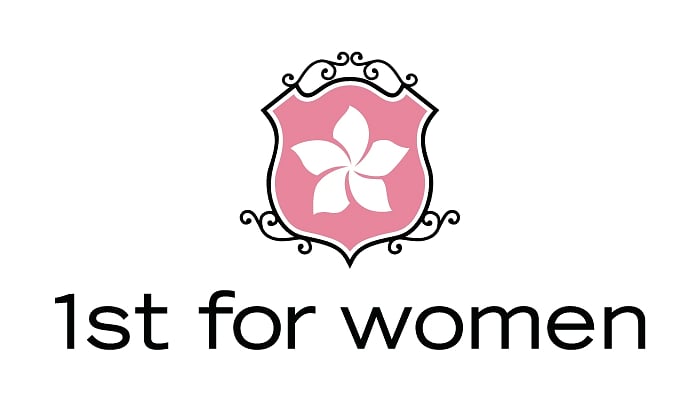
Pass the salt or pass on the salt?
Pass the salt or pass on the salt?
August 17, 2015By First For Women
As women, we all have a mental checklist of the ways in which we should look after our health. We should exercise more, worry less, take off our make-up before bed time, eat healthily and keep a close eye on how much caffeine, sugar and salt we consume. Except that new research now indicates that salt isn't the health villain it's made out to be.
Even the South African government is having its say against salt, as reported in a recent article at mg.co.za. The government's aim is to reduce salt consumption down from 40g a day to 5g a day - as recommended by the World Health Organisation. It hopes to reduce the amount of heart attacks, stroke or death among the South African population as a result of high blood pressure.
The link between salt and high blood pressure or hypertension is well-known, but studies in the past few years have shown that this link isn't as strong as we've always believed. Seven studies carried out in the US involving 6 350 subjects found no strong evidence that cutting salt intake reduces the risk of heart attacks, stroke or death in people with normal or high blood pressure.
So, what should the average health-conscious woman do about the amount of salt she consumes? And should we be doing everything we can to reduce our intake, or do these studies mean we can enjoy a packet of salt and vinegar chips, guilt-free?
We spoke to Joburg-based GP Isabel Thompson to find out how to stay healthy in a salt-mad world.
According to Dr Thompson, salt is not automatically bad for you and isn't automatically going to give you high blood pressure. She says that, if you're cooking fresh, locally grown, seasonal food and adding a little salt to suit your taste, you're in the clear.
The problem instead lies in the processed foods in which salt is used as a preservative. The salt in processed foods accounts for 60% of the salt consumed by South Africans, which is why the government has brought in its new regulations for the reduction of salt in these foods. Essentially, as far as possible, we should be avoiding TV dinners, packet sauces, stock and gravy powders, flavour enhancers, tinned foods, sausages, crumbed meat, fish or chicken and any other salted store-bought food. And not just because they are high in salt. As Dr Thompson points out there's a whole lot more wrong with these foods than just their salt content!
The bottom line is that you shouldn't worry too much about your salt intake if most of what you eat is healthy, home cooked, balanced food. And, if that's the case, then Dr Thompson says by all means go out and eat a packet of chips dosed in salt when the urge takes you. Just always remember to drink lots of water.
























